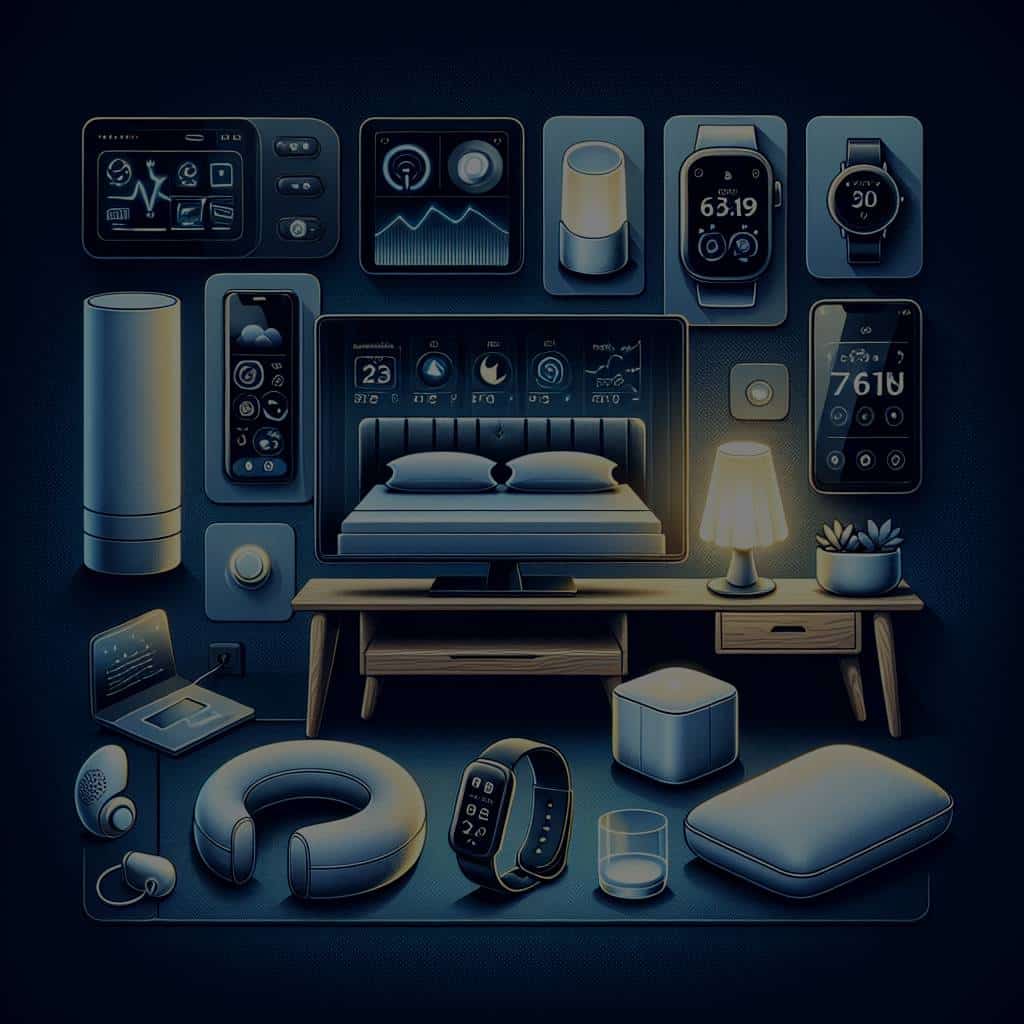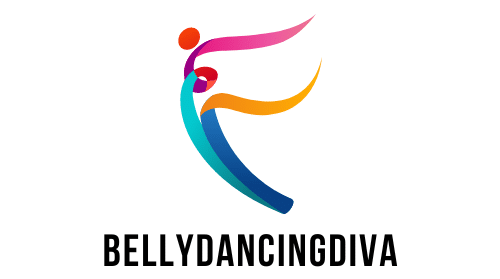What Are the Best Smart Home Devices to Track and Improve Sleep Quality?

In the modern age of technology, there are numerous smart devices that claim to help track and improve sleep quality. But which ones truly deliver on their promise? After all, a good night’s sleep is essential to maintain your overall health and well-being. When we sleep, we allow our bodies to rest, recover, and rejuvenate. That’s why it’s important to ensure we’re getting quality sleep and, if we’re not, to find ways to improve it. In this article, we’ll review some of the best smart devices that leverage data to track sleep and offer insights for improvement.
The Oura Smart Ring: The Compact Sleep Tracker
Among the many sleep trackers on the market, one stands out for its remarkable combination of data accuracy, comfort, and convenience – the Oura smart ring. Unlike the traditional sleep tracking devices that you need to wear on your wrist or place on your mattress, the Oura ring is worn on your finger, making it less intrusive and more comfortable for some users.
A découvrir également : How to Plan an Edible Front Yard That’s Both Beautiful and Functional?
The Oura ring uses a variety of sensors to collect data on your heart rate, body temperature, movement, and more. It then uses this data to provide insights into your sleep quality, readiness for the day, and general health. The Oura app compiles this data into easy-to-understand charts and graphics, offering recommendations on how to improve sleep quality. It also includes features like a readiness score, which factors in your sleep, activity, and recovery data to help you understand when it’s the best time to exercise, work, or rest.
Despite its compact size, the Oura ring offers accurate and detailed sleep and health tracking. It’s no wonder it has garnered positive reviews from users and is considered one of the top choices for sleep tracking.
Lire également : How Can You Create a High-End Home Spa Experience in a Compact Space?
Whoop Strap: The Athlete’s Choice
For fitness enthusiasts, the Whoop Strap presents an excellent option. Not only does it track your workouts and recovery, but it also provides insights into your sleep patterns. Whoop uses data such as heart rate, heart rate variability, respiratory rate and more to give you a detailed look at your sleep quality.
With the Whoop app, you can review your sleep data, see how much sleep you got, and how restful your sleep was. You can also track your sleep stages (REM, light, and deep sleep) and receive personalized sleep recommendations based on your own data and daily activities. What really sets Whoop apart is its ability to adjust its recommendations based on the strain of your workouts, making it a great choice for athletes or those who lead a very active lifestyle.
Amazon Halo: The Budget-friendly Sleep Tracker
For those looking for a budget-friendly option, the Amazon Halo is a viable choice. While it may not have all the bells and whistles of the Oura ring or the Whoop Strap, it does a solid job at tracking sleep and providing actionable insights to improve sleep quality.
The Amazon Halo tracks your heart rate, steps, and more during the day, and it uses this data, along with your sleep data, to provide a comprehensive view of your health. The sleep tracking feature includes information on the duration and quality of your sleep, and the app offers suggestions on how to improve your sleep patterns.
The Apple Watch: A Multifunctional Device
The Apple Watch is another excellent option for sleep tracking. While primarily known for its health and fitness tracking during the day, the Apple Watch also has built-in sleep tracking capabilities. It uses various sensors to track your movement, heart rate, and noise levels while you sleep.
The Apple Health app then compiles this data to provide a snapshot of your sleep duration and quality. It also offers features such as a bedtime routine and wind-down routine to help you establish healthy sleep habits. While it may not be as specialized in sleep tracking as some of the other devices, it’s a great option for those who already own an Apple Watch or prefer a device with multiple functions.
Sleep Tracking Smart Mattresses and Pillows
Moving beyond wearable devices, there are also smart mattresses and pillows that offer sleep tracking capabilities. These devices use sensors embedded in the mattress or pillow to monitor your movement, heart rate, and breathing patterns during sleep. They then use this data to provide insights into your sleep stages and overall sleep quality.
Some of these smart mattresses and pillows also offer features such as temperature control and automatic adjustments based on your sleep position, adding to the comfort and ease of use. Brands such as Sleep Number and Tempur-Pedic offer smart mattresses, while companies like Dreem and ZEEQ offer smart pillows. These devices usually come with a higher price tag, but for those who prioritize comfort and convenience, they may be worth the investment.
Fitbit Sleep Score: The Detailed Analysis
Fitbit, a popular name in the world of wearable tech, has taken sleep tracking to another level with its Sleep Score feature. This feature is available in a variety of Fitbit models, including the Versa, Ionic, and Charge series. Using a combination of heart rate data, movement tracking, and blood oxygen levels, the Fitbit gives you a comprehensive overview of your sleep quality.
The Sleep Score is calculated based on your sleep duration, sleep stages (REM, light, and deep sleep), and restoration (which includes heart rate and blood oxygen data). The sleep stages are detected by tracking your heart rate variability, while the restoration data helps to identify potential health issues such as sleep apnea.
What sets Fitbit apart is its detailed sleep analysis. Not only does it give you a Sleep Score out of 100 each morning, but it also provides insights into the factors that contributed to your score. The Fitbit app presents the sleep data in an easy-to-understand graph, breaking down your sleep stages and showing when you were awake, in light sleep, deep sleep, or REM sleep.
The Fitbit also offers features like a silent alarm that gently wakes you up with a vibration on your wrist, and Sleep Mode which turns off the screen and silences notifications to help you get an uninterrupted sleep. The device has a good battery life, lasting up to a week on a single charge, making it a reliable sleep tracker.
Withings Sleep: The Non-wearable Sleep Tracker
If you’re not comfortable wearing a device to bed, the Withings Sleep could be the best sleep tracker for you. This non-wearable device slides under your mattress and monitors your sleep quality, heart rate, and even your snoring.
The Withings Sleep is able to track sleep stages and duration, and it can also detect interruptions in your sleep, providing an in-depth analysis of your sleep patterns. The Health Mate app presents this data in an easy-to-understand Sleep Score, and offers recommendations to improve your sleep quality.
A unique feature of the Withings Sleep is its ability to detect sleep apnea, a common but serious sleep disorder that causes interruptions in breathing during sleep. If the device detects potential signs of sleep apnea, it will notify you so that you can seek medical advice.
The Withings Sleep also integrates with various smart home devices, allowing you to create scenarios such as dimming the lights when you go to bed, or starting the coffee machine when you wake up. This seamless integration with your smart home makes the Withings Sleep a convenient and practical sleep tracking solution.
Conclusion
In the quest for better sleep quality, smart devices like the Oura ring, Whoop Strap, Amazon Halo, Apple Watch, Fitbit, Withings Sleep, and smart mattresses like the Sleep Number and Tempur-Pedic, can be invaluable tools. They offer detailed insights into sleep patterns and provide actionable recommendations to improve sleep quality.
Whether you’re an athlete looking to optimize recovery, a health enthusiast aiming to improve your sleep hygiene, or simply someone curious about your sleep patterns, there’s a sleep tracking device out there that suits your needs. But remember, while these devices provide helpful insights and suggestions, they should not replace professional medical advice. If you’re experiencing serious sleep issues, it’s always best to consult with a healthcare professional.
In the end, the best smart home device to track and improve sleep quality is the one that you are comfortable using every night, fits your budget, and meets your specific sleep and health needs.
